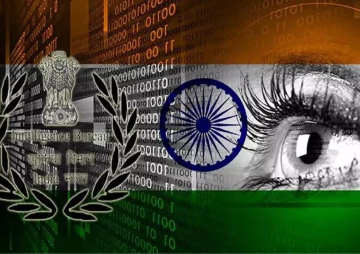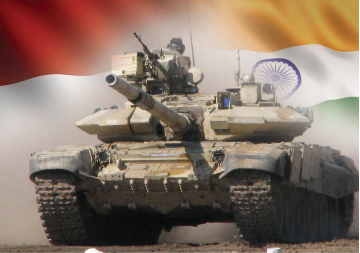India's obsession with Pakistan is making it overlook its relationship with other neighbours, observed Bangladesh scholar Rounaq Jahan during a discussion on Bangladesh at Observer Research Foundation.

India’s obsession with Pakistan is making it overlook its relationship with other neighbours, observed Bangladesh scholar Rounaq Jahan during a discussion on Bangladesh at Observer Research Foundation.
Professor Jahan, Distinguished Fellow at the Centre for Policy Dialogue, Dhaka, was speaking after initiating a discussion on the ‘Current Political Developments in Bangladesh’ on Wednesday, August 11, 2010.
Prof. Jahan said that 2008 Parliamentary Election was one classic example of the dictum that if there is political will, free and fair elections can be held in Bangladesh. The political parties in Bangladesh are much stronger today than they were in 70’s or 80’s. This signifies consolidation of democracy in the country, she said.
Making an assessment of the achievements and the challenges of the Awami League government, Prof. Jahan discussed the performance of different ministries of the government. According to her, the Agriculture Ministry, headed by veteran Awami League leader Matia Chowdhury, has put in the best performance. This is significant since Bangladesh is an agrarian society.
She said the beginning of the trial of war criminals of the ‘1971 war’ is also being seen as an achievement of the government. However, Prof. Jahan noted, that this would not be free of hindrances in the form of accountability of the legal system, credibility of the evidences, etc.
Prof. Jahan also identified issues which posed challenges to the present Awami League government. In her view, they are: the conduct of the student wing of the party and conflict between the Members of Parliament and the members of local councils over control of these councils that resulted in a power struggle within the party.
The chaotic power situation and the rising prices are also regarded important challenges for the government. Prof. Jahan said unless the Awami League government pays attention in addressing these issues, they might dent the popularity of the government. She said the coming Dhaka Mayoral election will be an indicator of people’s assessment of the performance of the Awami League government.
Analysing the relationship between the two major political parties, the Awami League and the Bangladesh Nationalist Party, Prof. Jahan felt that the political culture had hardly changed in Bangladesh, with both still playing the “culture of confrontation”.
On the issue of militancy and the role of NGOs supported by religious organisations in spreading radical ideology, Prof. Jahan said it would be unfair to look at Bangladesh the same way as with Pakistan. She said, in comparison to Pakistan, influence of such organisations in the society is much less, mainly due to the efforts made by secular NGOs who have a much bigger stake in the society. At the same time, she also expressed concern over the rising activities of radical groups in areas bordering West Bengal.
During the discussion, both former Indian Ambassador Mr. Deb Mukherjee and Prof. Jahan agreed that India’s relationship with Bangladesh plays an important role in the country’s internal politics. Commenting on the support the present Awami League government is providing to India, mainly in fighting insurgency in the North East, Prof. Jahan felt that India should give more support to this present government.
She claimed that the popular perception in Bangladesh is that India has not done enough. The house felt that India should take more active measures in resolving issues with Bangladesh. Looking at the present state of warmth and friendship between India and Bangladesh, the house expressed its astonishment over the delay in resolving bilateral issues.
Prof. Jahan said small initiatives like resolution of the boundary dispute and opening up of trade could play a major role in boosting India’s image. She said the business community in Bangladesh is very keen on doing business with India. And they could become a major stakeholder. The house criticised the media for not playing a satisfactory role in improving the relations.
The house appreciated India’s initiative of providing US$1billion loan to Bangladesh.
The meeting, attended by many scholars, former diplomats and ORF faculty, was chaired by Mr. M. Rasgotra, President, ORF Centre for International Relations.
(The report is prepared by Dr. Joyeeta Bhattacharjee, Associate Fellow, ORF)
The views expressed above belong to the author(s). ORF research and analyses now available on Telegram! Click here to access our curated content — blogs, longforms and interviews.




 PREV
PREV

